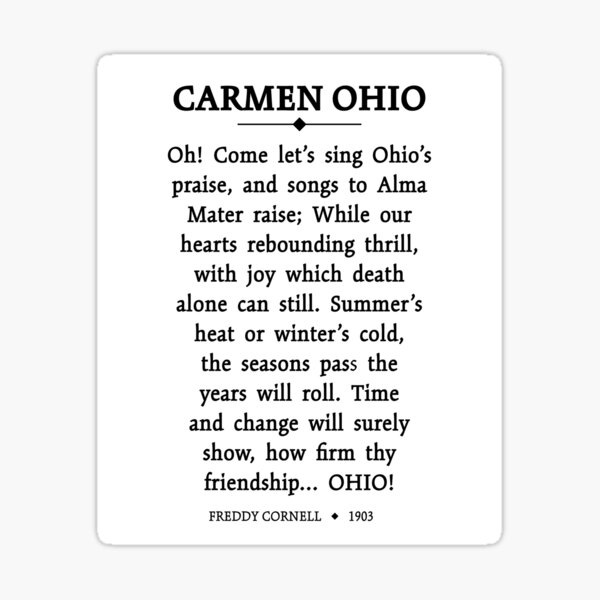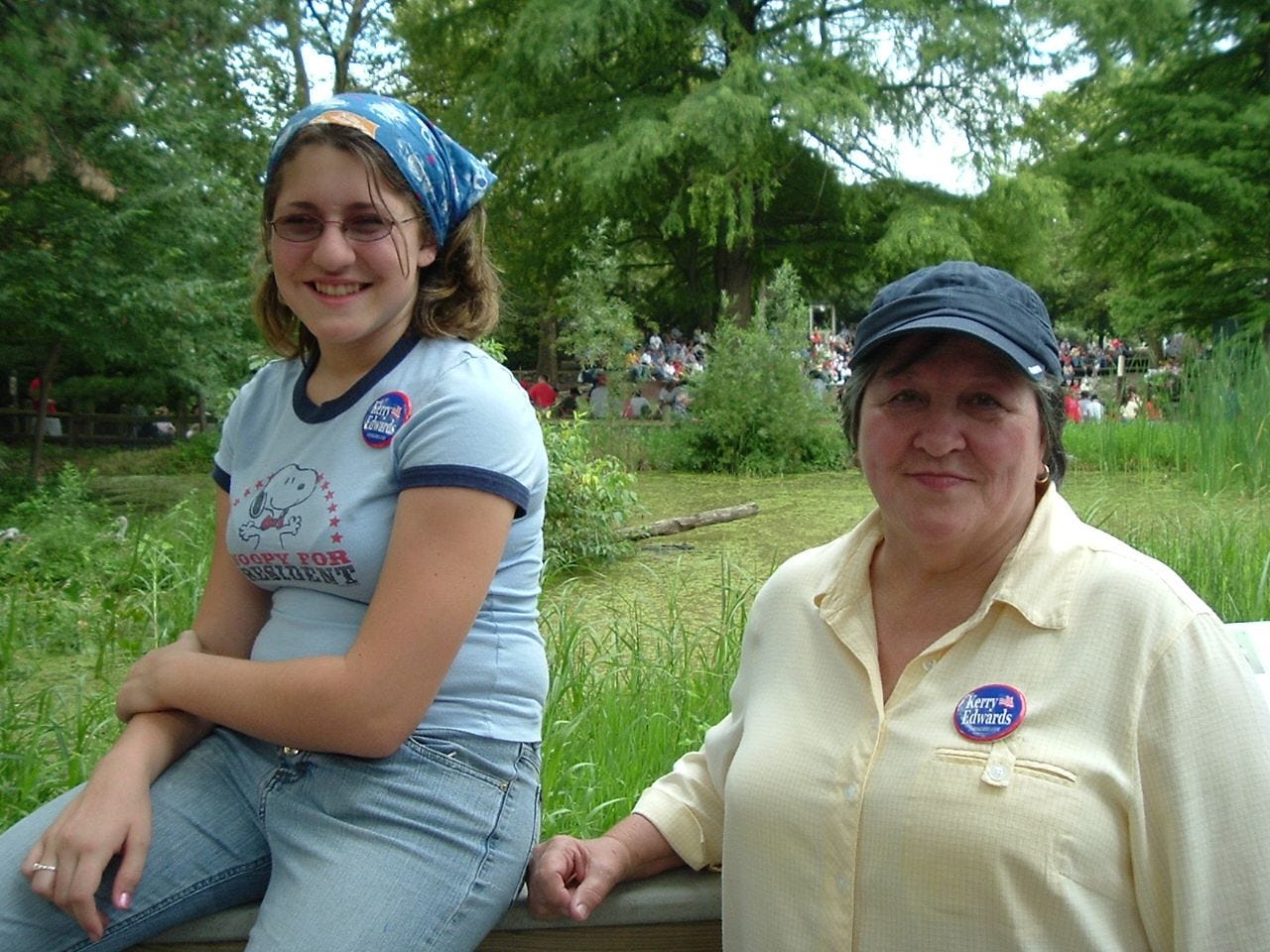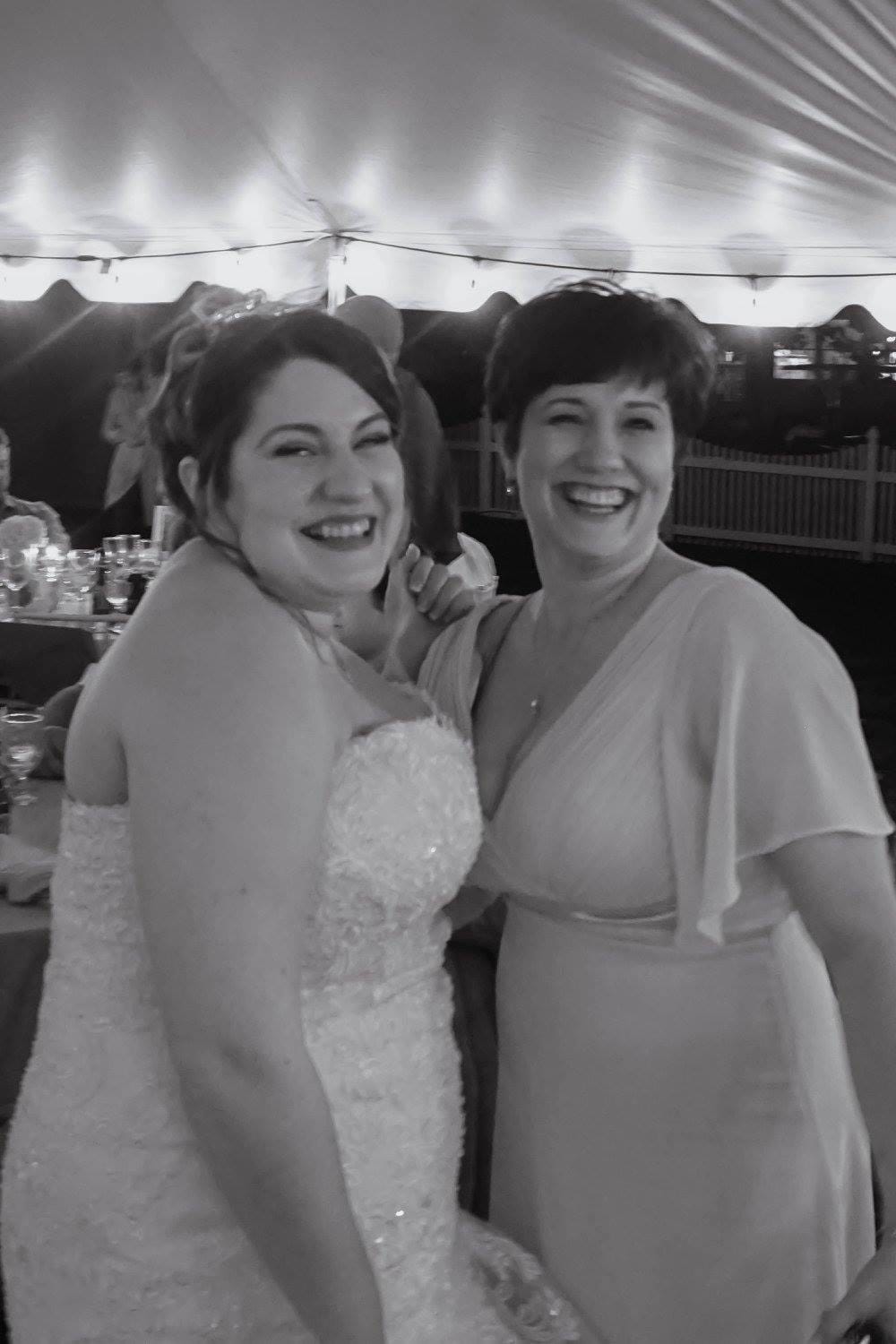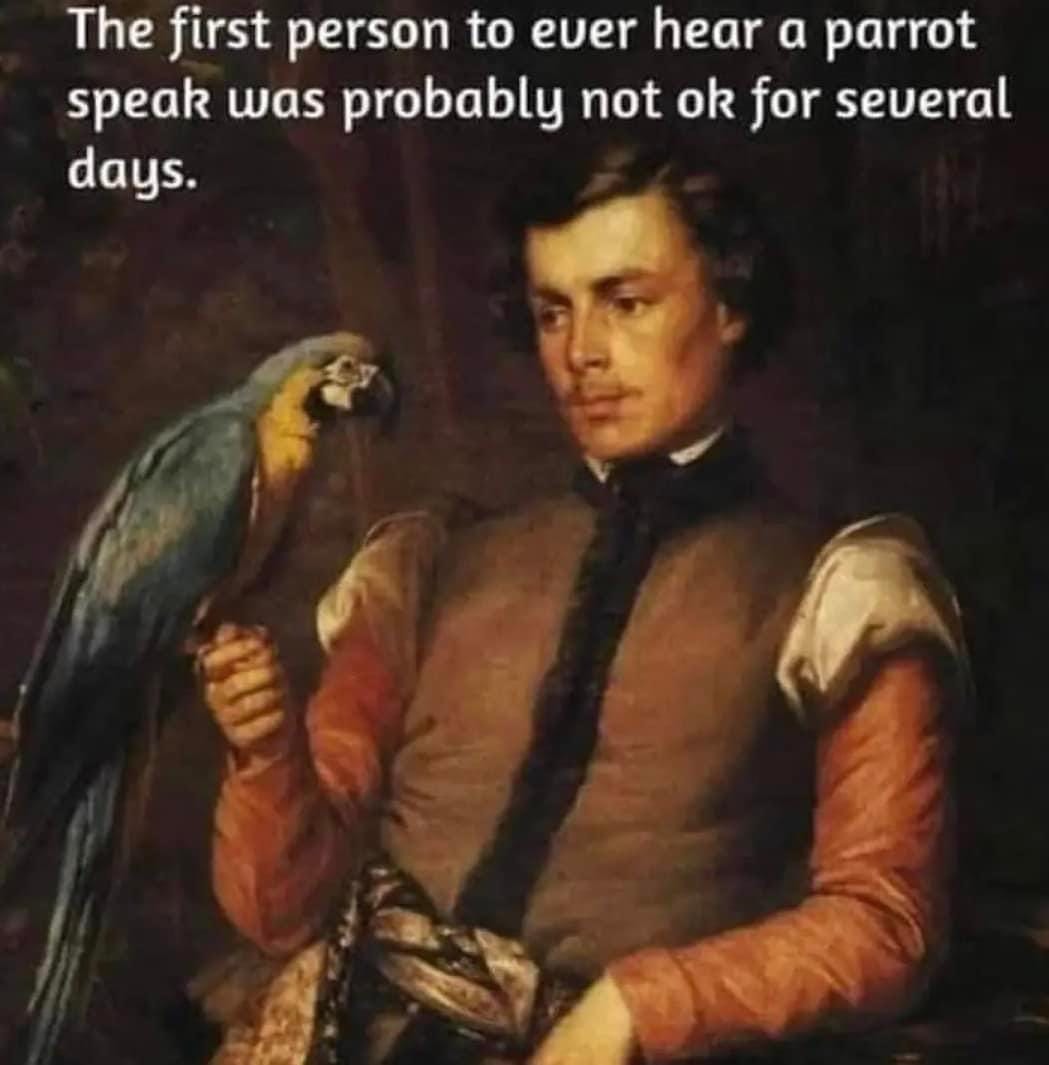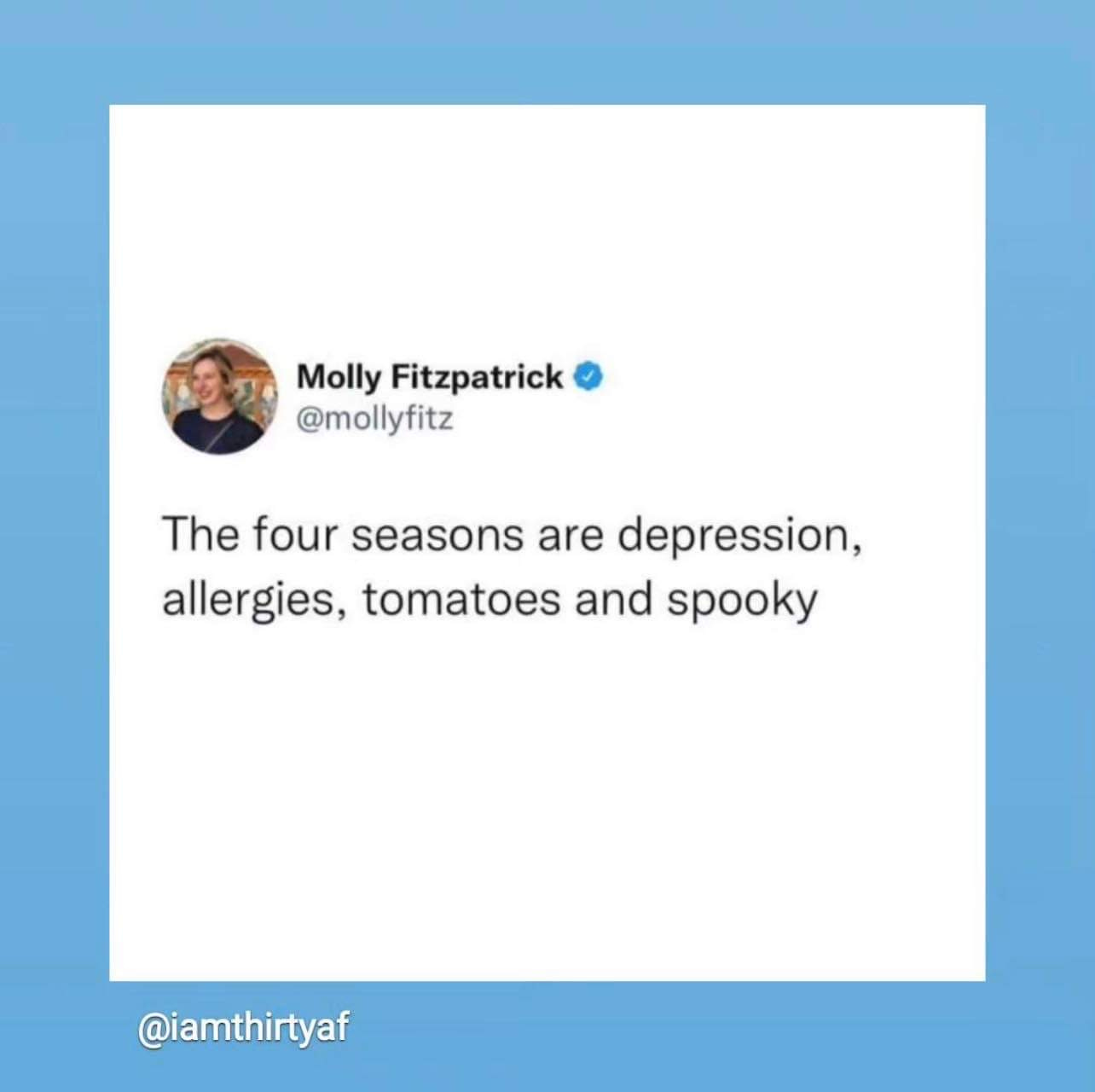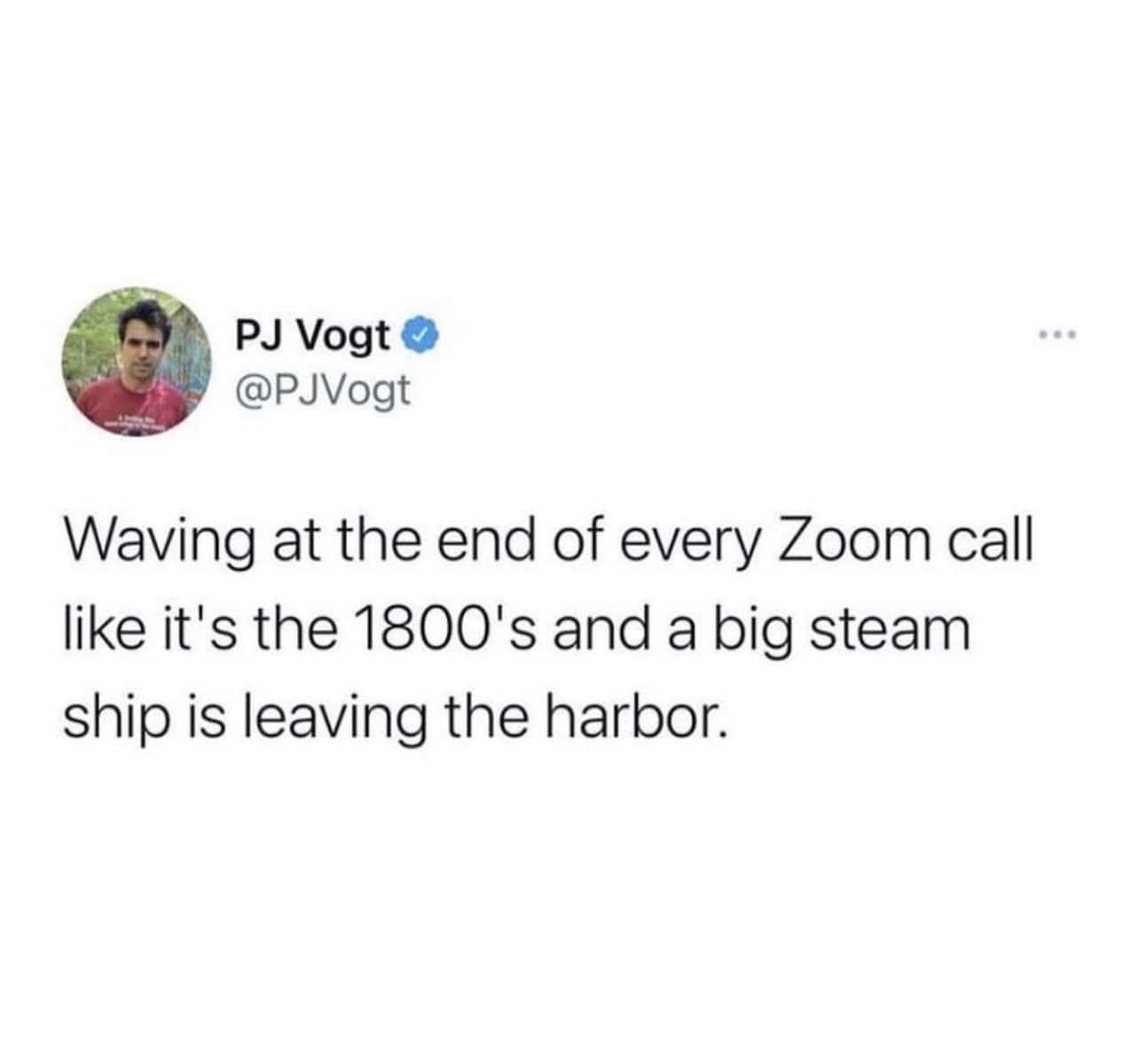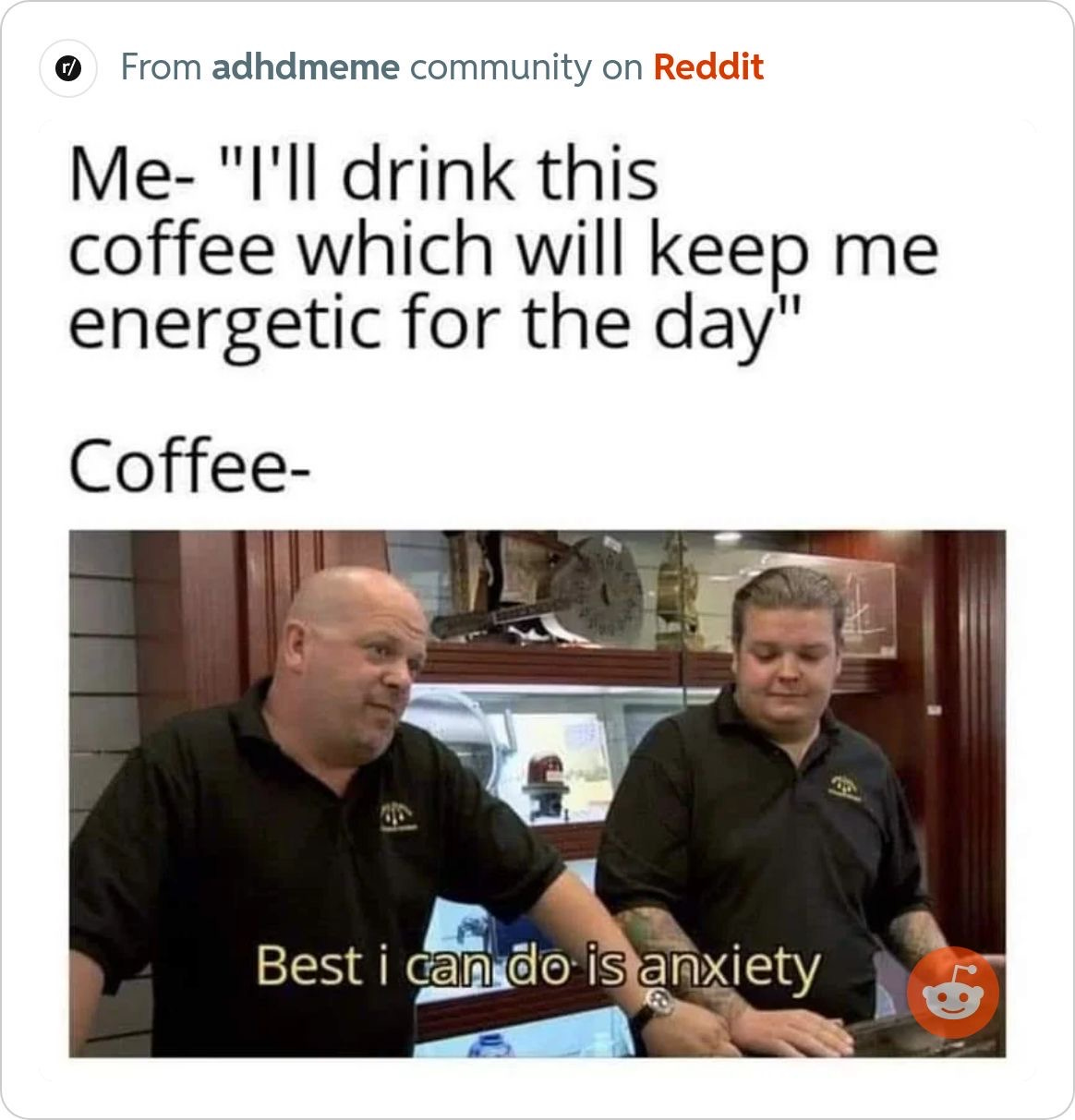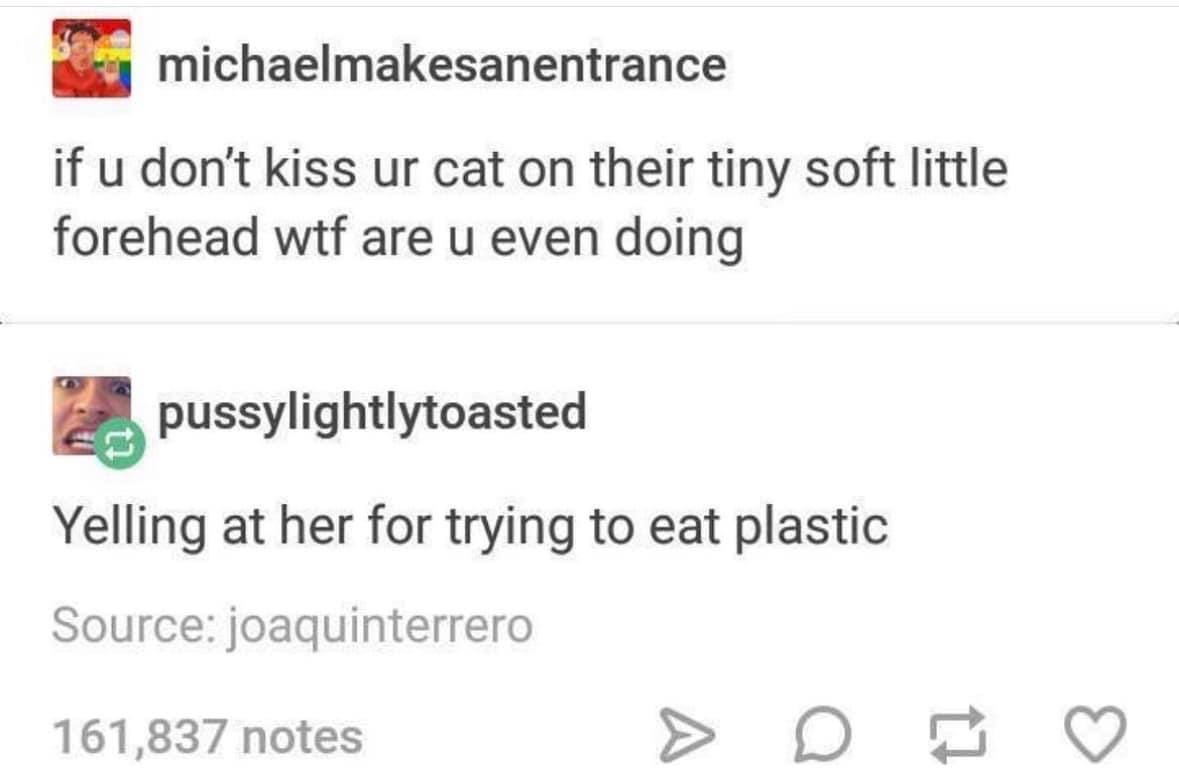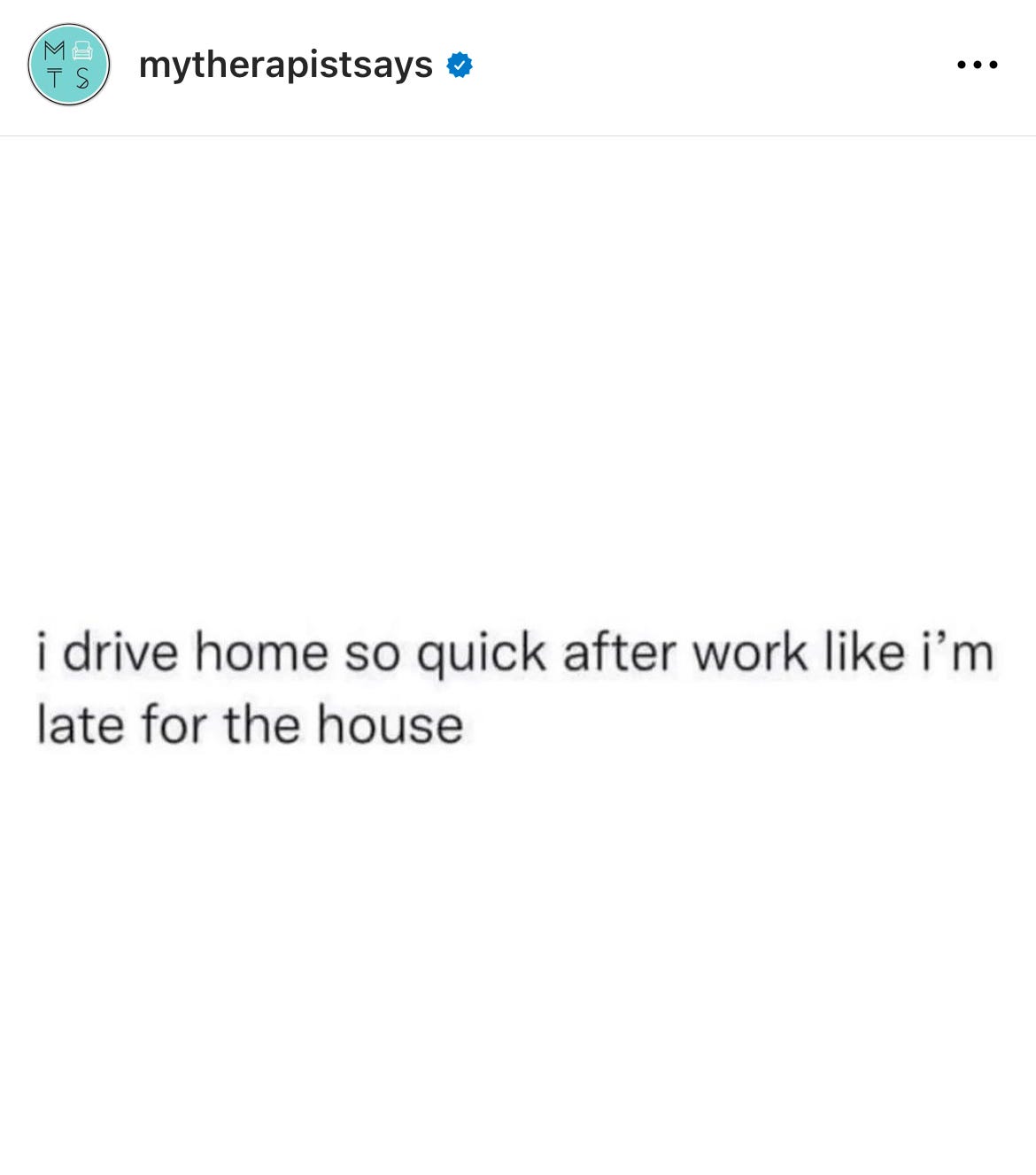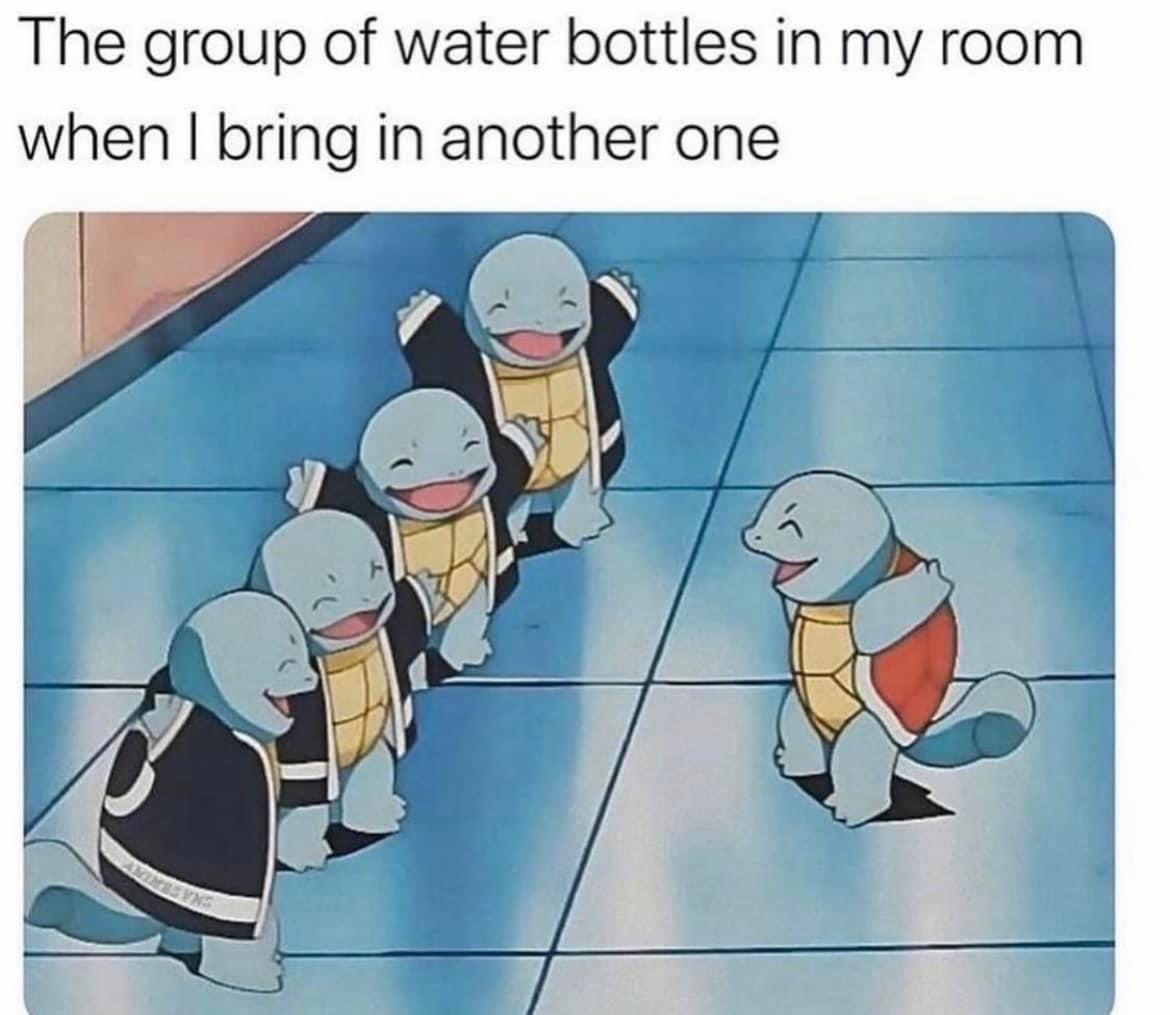Time and change
A reflection on watching a cherished life unfold
I am a proud graduate of THE™ Ohio State University. (Yes, OSU trademarked the word THE.)
Sure, it took me 6 years and a summer quarter––I switched majors from music education to English after my first four years, and as it turned out, there’s not much overlap between the two majors––but I finally made it out degree in hand.
I give you that brief backstory because today I am thinking of Ohio State’s alma mater, Carmen Ohio.
Specifically, I am thinking of a certain phrase in the lyrics: “time and change.”
I fully admit that I’ve been a sentimental fool lately, but as I wrote about in my last newsletter, I’ve been thinking a lot about the passing of time and how “the only constant in life is change.”
Yesterday I got on a plane and flew to Ohio for my sister’s graduation. My sister––I’ll call her KJ––graduates today with an MBA in Business Administration.
Apropos to nothing, I took this pic right after takeoff: my husband’s second home!
Personally, I’d rather wear a MAGA hat in public than take the courses she did. I swear it seemed like her classes were all about becoming an Excel ninja, and Excel is . . . not my greatest strength, let’s say. I am definitely not MBA material.
But I’m so freaking proud of KJ and her amazing accomplishment––I mean, she’s got a FT job with a lot of responsibility as well as a 3-year-old!
KJ is 11 years younger than I am––and as I sit here at her graduation ceremony (look, she already walked and I’ve got the video to prove it, don’t judge), I’m flooded with memories of her as she grew up.
I remember the day she was born, and how absolutely thrilled I was to finally have a sister after getting two brothers.
I remember carrying toddler KJ on my hip through the hallways of our old house.
I remember preschooler KJ sitting on my lap as we watched Barney together.
I remember her first day of school, and how adorable she looked in her outfit chosen especially for the occasion.
I remember chaperoning one of her school field trips, and how proud she was that her big sister was there.
I remember her as my 12-year-old maid of honor at my wedding, and how she bawled right behind me throughout the entire ceremony.
(I’ll cut myself off there, but trust me, there’s a lot more.)
And now here she is, almost 32 years old, with a BA (also from THE Ohio State University), a longtime job with many promotions along the way, a husband, a house, a child, and now an MBA. I changed her diapers and now she’s earned a master’s hood.
Time and change . . .
So congratulations, KJ––I’m so glad we’re not just sisters, but also BFFs.
(I’m not crying, you are.)
My Top Reads of the Week
As someone who wakes up every morning with a random song playing nonstop on the radio station in her brain, as well as being a classically-trained musician, I was especially interested in reading this piece.
From the article:
Turns out that not only listening to music, but making it, also has significant benefits. For example, mothers sing to their babies to help relieve symptoms of postpartum depression and enhance bonding by reducing cortisol, a major stress hormone. And people with dementia are singing too, accessing autobiographical musical memories encoded in multiple brain regions that have not been damaged by the disease. The result is a radical presence with family and friends, if only for a short time.
These are not random acts of dabbling with music, or just nice things to do. Rather, they are intentional, evidence-based approaches that help one heal physically and mentally, flourish and learn, and build strong cultures and communities.
To some, it may seem overly simplified to believe that a song can soothe the soul. But like exercise, nutrition, and sleep, we are discovering how the arts are essential for our health and wellbeing.
What’s behind shortages of Adderall, Ozempic, and other meds?
Seeing as I’m currently waiting (and waiting, and waiting) for my Adderall XR prescription to be refilled, this article caught my eye. Spoiler alert: Reading it didn’t make me feel any better.
Trust me, people, you don’t want me unmedicated. No one wants that.
Now multiply that by the millions of people needing their ADHD stimulants, and you can see why it’s such a big problem . . . with no solution in sight.
Small acts of kindness matter more than you think
From the article:
Since humans lack the ability to read minds, we simply guess at what other people think of us. These hypotheses are informed by how people perceive themselves, and not by real-world feedback and criticism from those they’ve actually interacted with. These self-perceptions are often marred by negativity; when recalling past social interactions, people worried their jokes were subpar or that their conversation partner found them uncool. “We assume other people are thinking what we’re thinking,” Sandstrom says.
Psychologist and friendship expert Marisa Franco credits these pessimistic assumptions to a concept called the negativity bias, wherein people remember negative events and feelings more acutely than positive ones. As a result, people tend to avoid socially risky behaviors — like telling a stranger on the subway you like their shoes — in order to avoid potential awkwardness. “Across the board,” says Franco, who is also the author of Platonic: How the Science of Attachment Can Help You Make — and Keep — Friends, “in pretty much every act of connection, we tend to underestimate how much people will be receptive to our overtures in connection.
Harvey Karp Knows How to Make Babies Happy
I know Harvey Karp as the author of The Happiest Baby on the Block, which was my bible as a new parent back in the early summer of 2012. Swaddling and shushing worked miracles (along with his other 3 S’s) and my husband and I were total devotees to his method and overall philosophy of the “fourth trimester.” This profile was a fascinating read. Know any babies? Ever had a baby? Ever been around a baby? Read this piece.
I’m all about the sugar pills!
From the article:
More than 25 studies now offer evidence that placebos can regulate mild and acute emotional pain, with medium to large effect sizes, in both healthy and clinical populations, a review from this year noted. Placebos have been shown to reduce sadness in clinically depressed subjects who were watching sad movie clips or remembering upsetting memories, reduce the fear of public speaking in people diagnosed with social phobia, and lessen the fear of being shocked. A placebo nasal spray was also able to help people going through a break up feel fewer negative emotions when they saw pictures of their exes.



